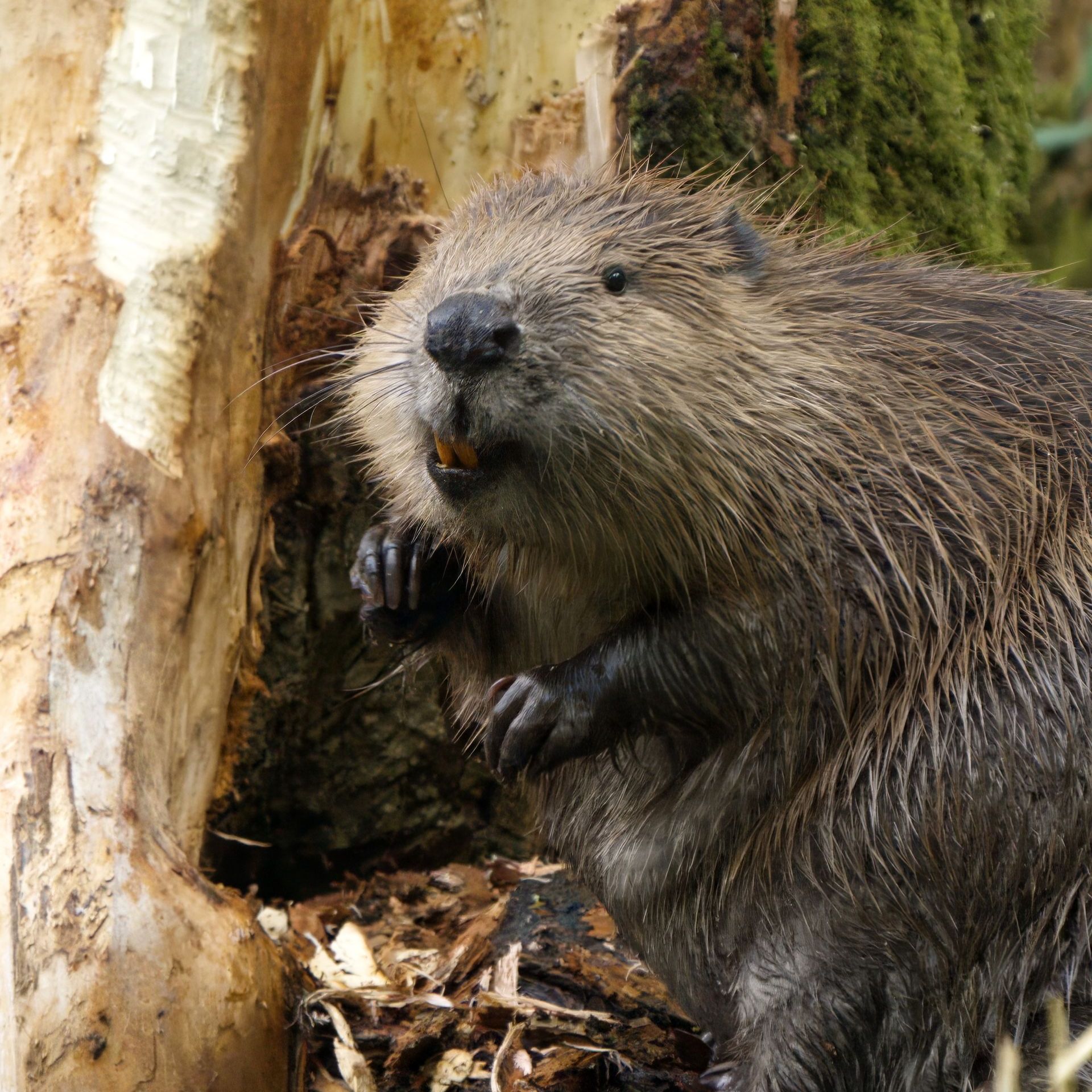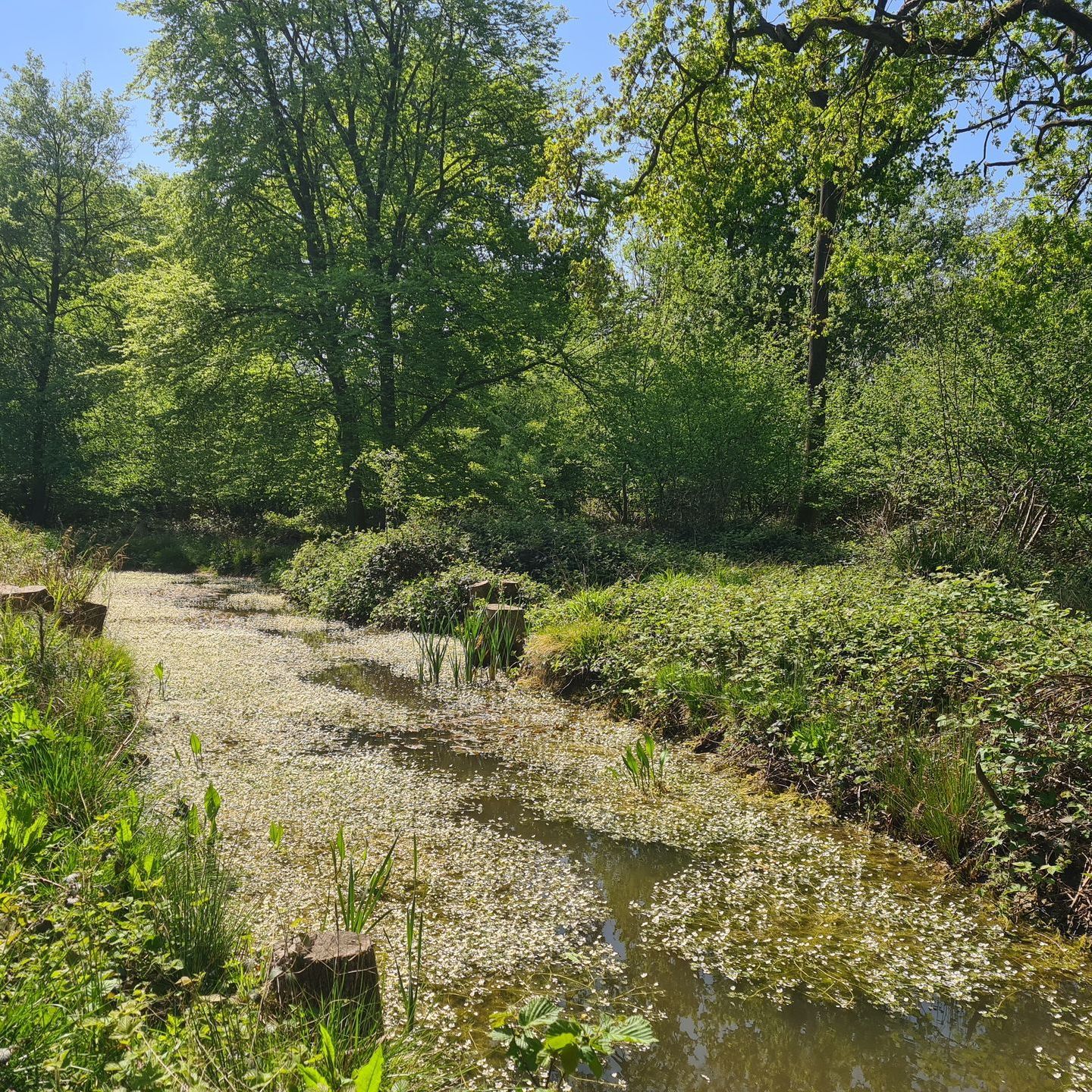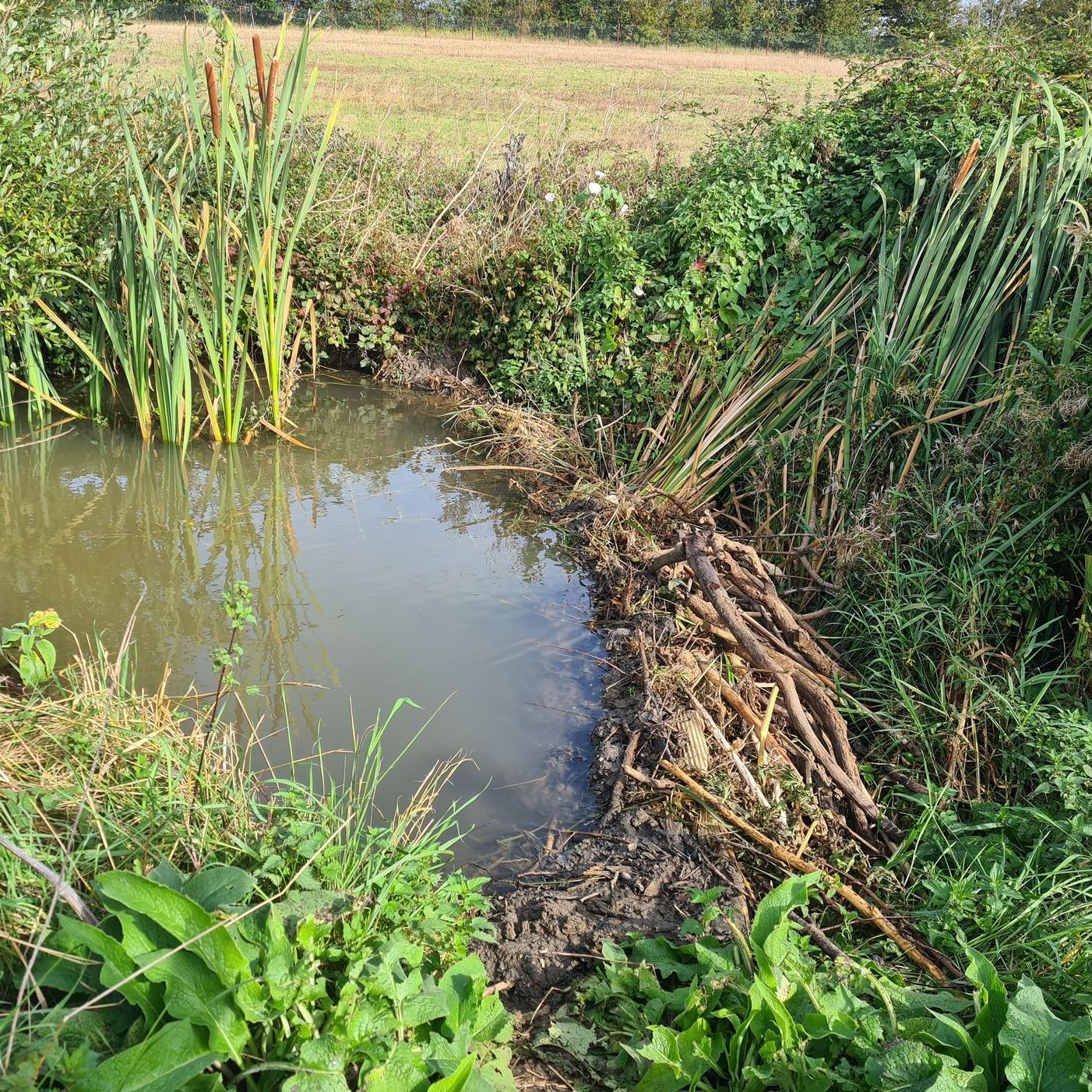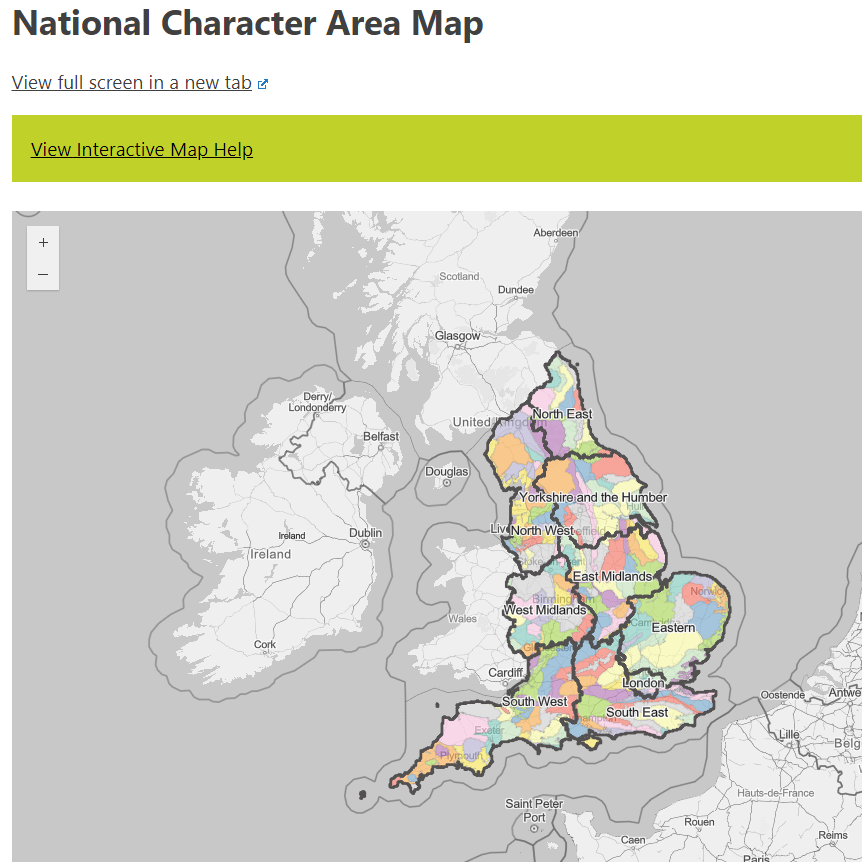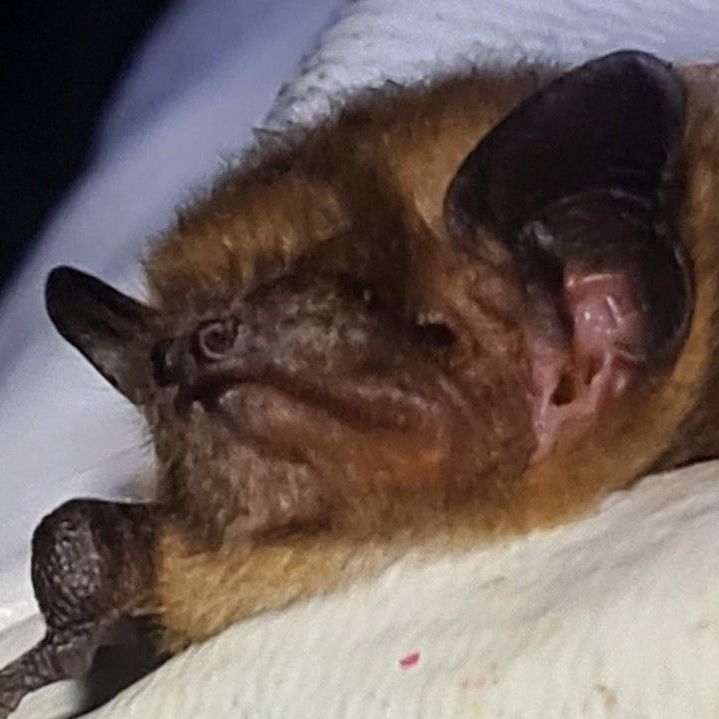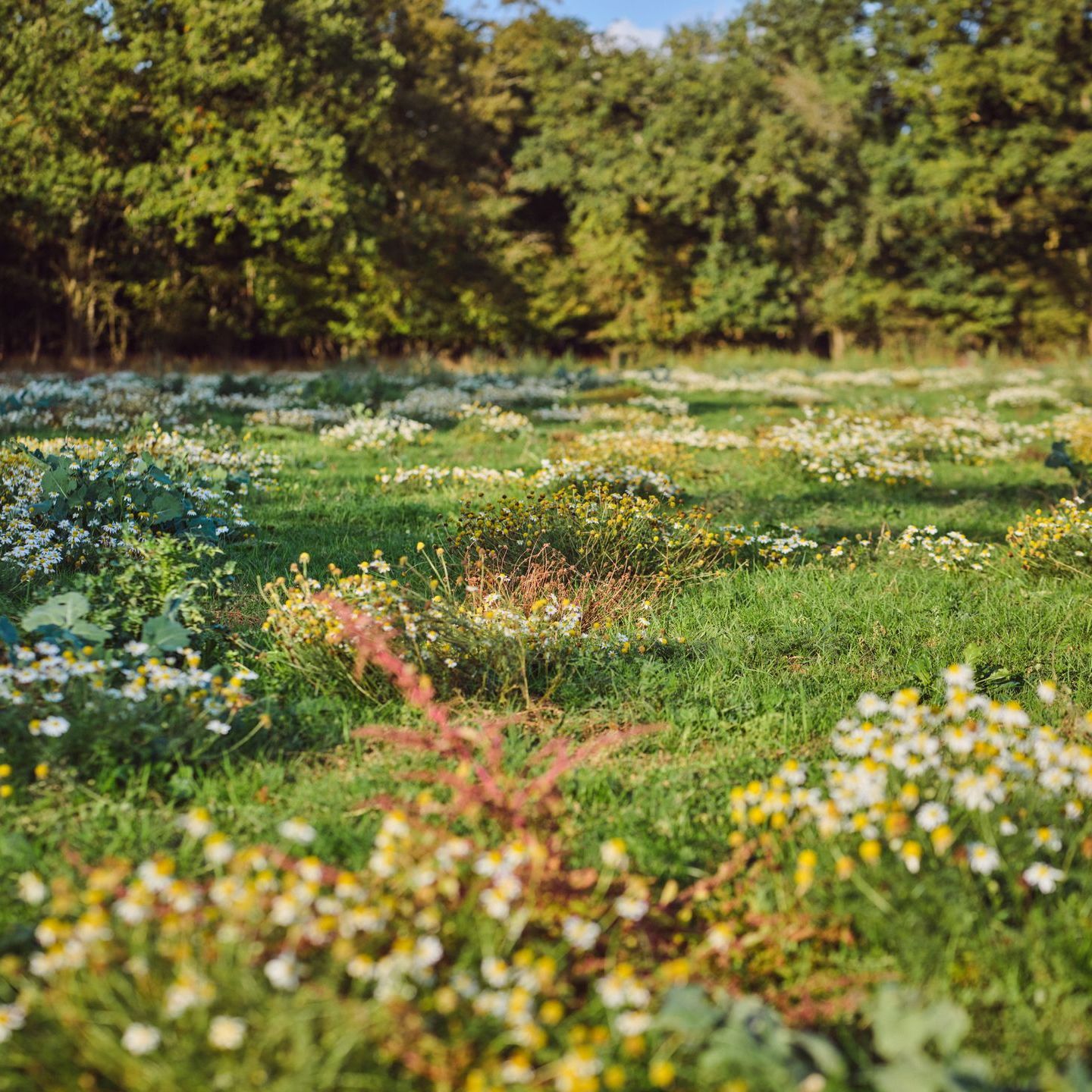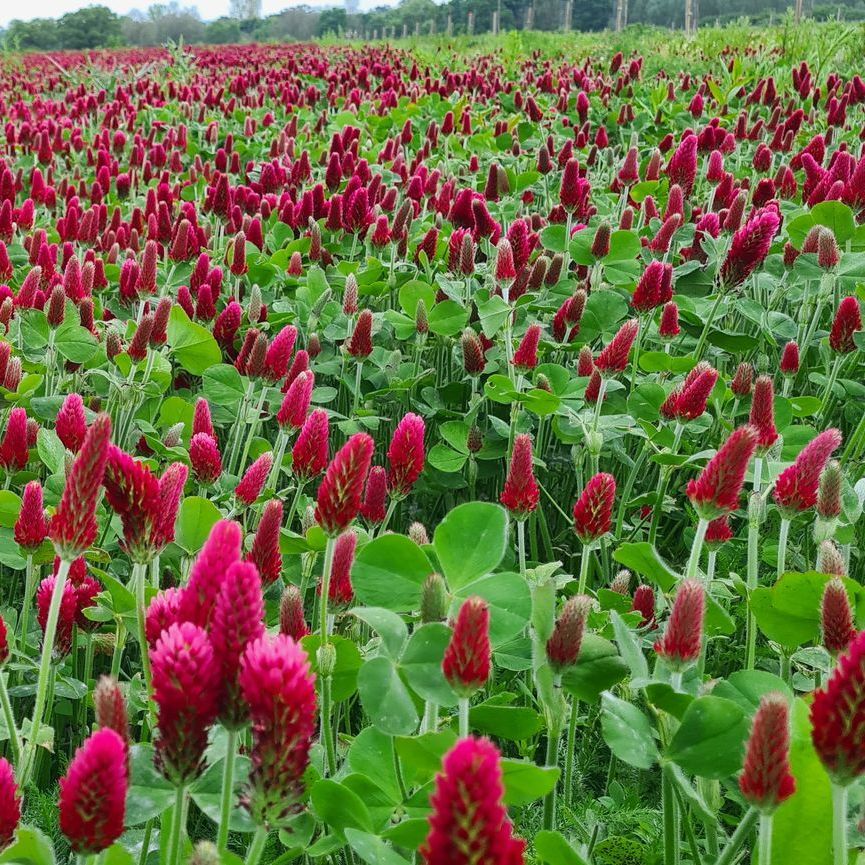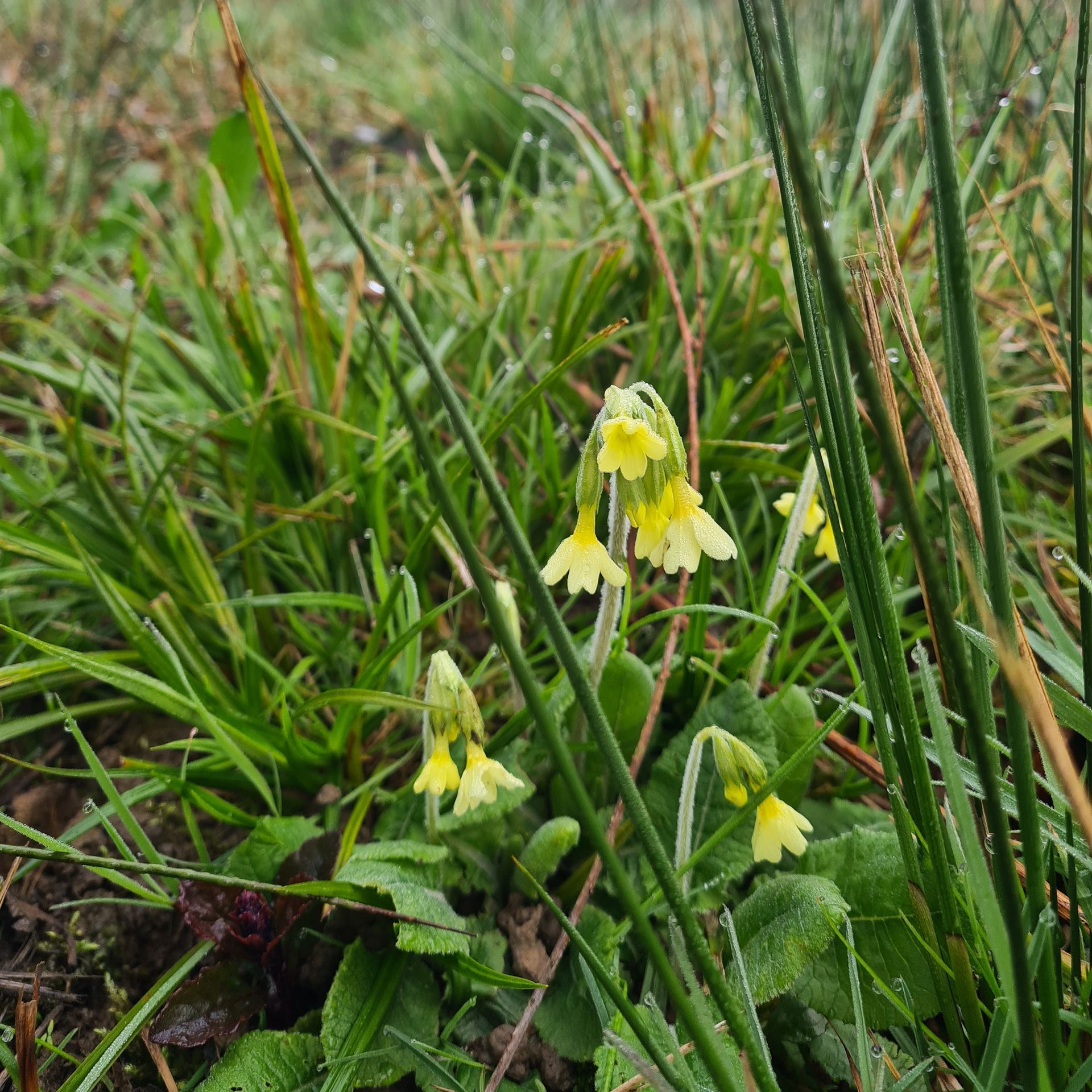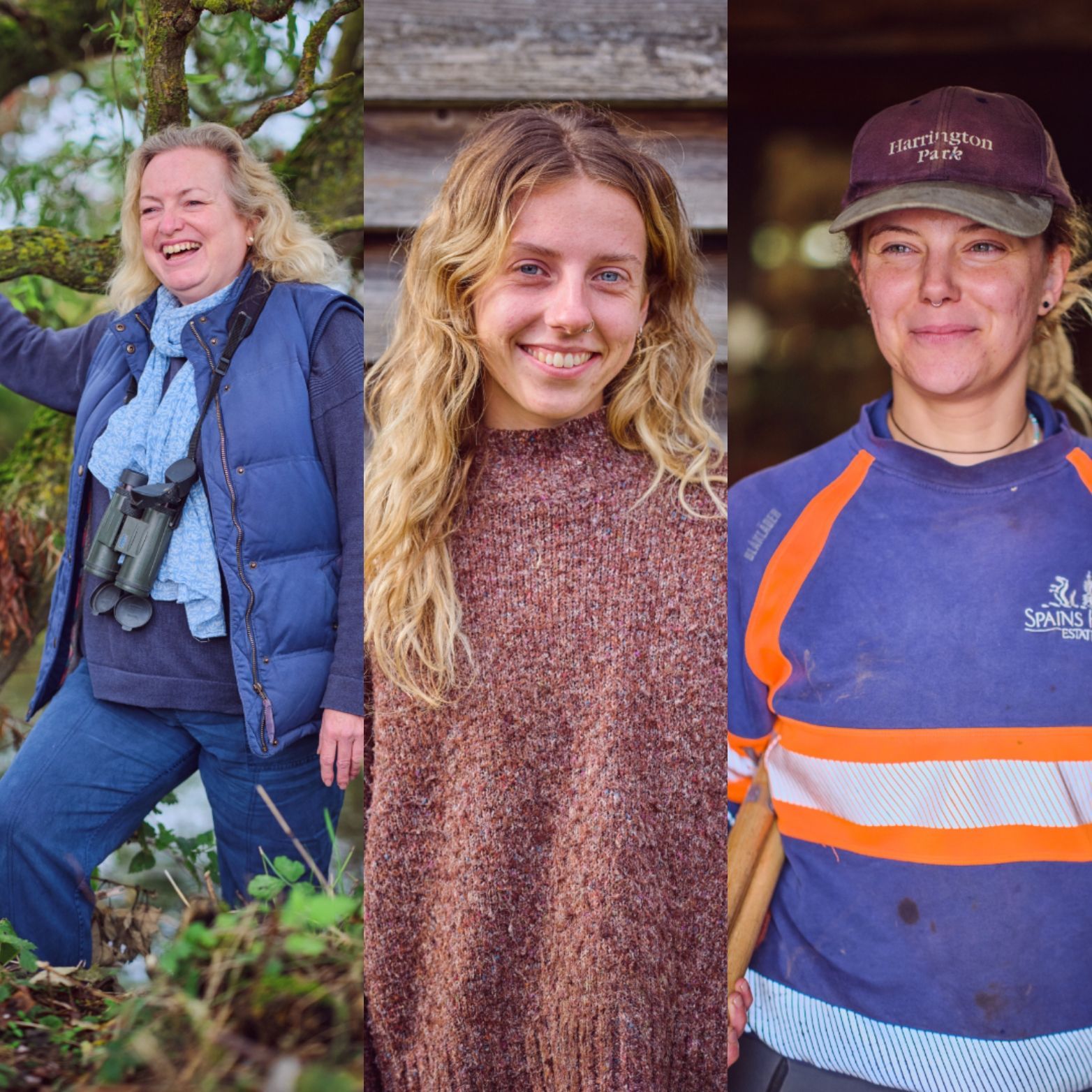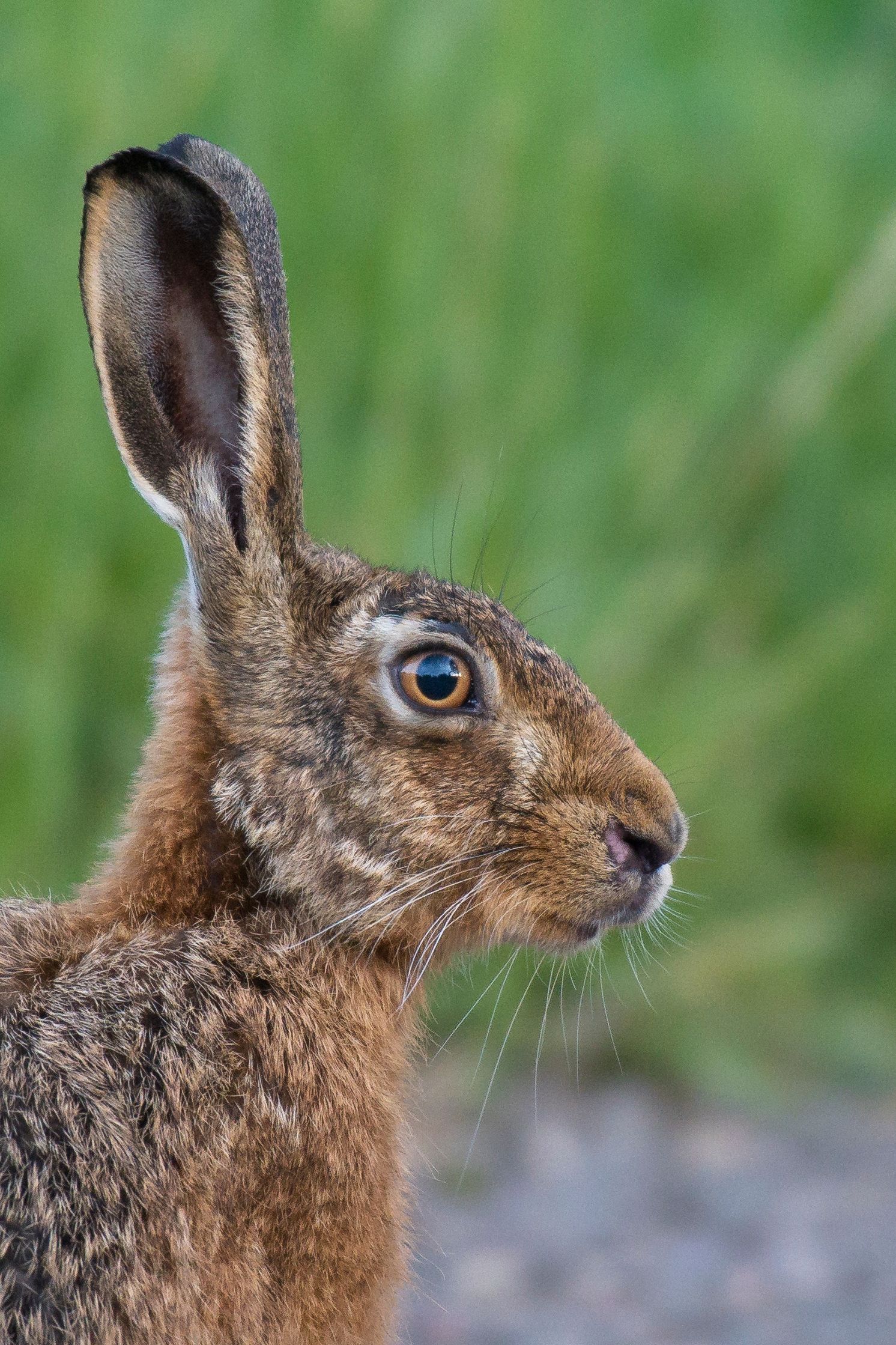Beaver baby boom!
Fourth litter for busy Essex beaver family
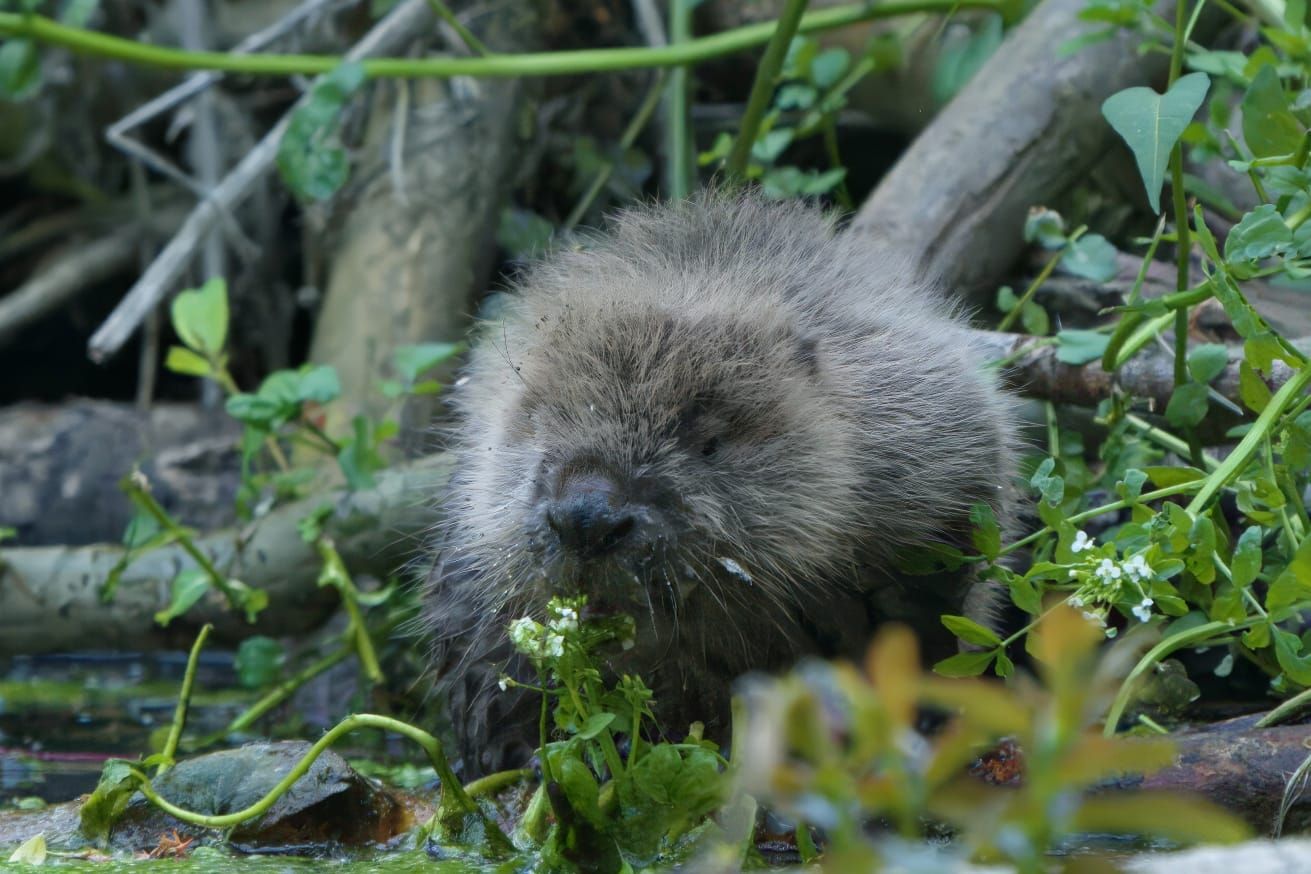
Keeping up with their busy reputation the #essexbeavers have produced yet another litter of kits in 2023. This brings the family to 11 and the total number of enclosed beavers on the ground-breaking Essex estate to 15, thought to be the largest enclosed population in England.
First introduced in March 2019, the two original adult beavers have now bred every year, showing that they are well fed and comfortable in their 10 acre fenced enclosure. Two newer beaver pairs, released into two far larger 50 acres enclosures in 2023, have yet to breed.
Photographer Simon Hurwitz, who caught the first glimpse of this years new arrivals, said, "It's always such a great pleasure to witness the emergence of the kits. They are so much smaller than their mother, floating higher in the water, looking like fuzzy miniature versions. Like all children they often need a bit of encouragement to do things, I regularly see the parents grab a kit in their mouth and drag them off to bed in the morning! It's a joy and privilege to watch them growing up and integrating into the family group."
Simon is one of two expert guides who lead paying guests on dawn and dusk visits to the enclosure to watch the beavers in action. With the first visits starting in a few days time the appearance of these new kits is perfect timing for others who want to catch a glimpse of them. You can check availability and book instantly on the website https://spainshallpartnership.checkfront.co.uk/reserve/
Sarah Brockless, the Estate's ecologist, said, "The woodland is becoming a fantastically diverse mosaic of habitats, and the more area the beavers impact, the more space they create for greater numbers and diversity of wildlife. In the mixed willow scrub, the former arable field now becoming wet grasslands, wet woodland and deeper water we now have frogs and toads galore, dragonflies and damselflies and other freshwater invertebrates providing food for kingfishers and water shrews. The huge amount of deadwood provides habitats for fungi and lots more invertebrates. Water birds including ducks, moorhen and Greylag geese are all now well established and breeding in the wetland. It is the most diverse and vibrant place on the farm."
Estate manager, Archie Ruggles-Brise, welcomed these latest arrivals saying, "The beaver family in our first enclosure just go from strength to strength. With every year their number grows and their ability to transform the formerly dry woodland into a wetland paradise increases. We are confident that once again, despite the rest of the estate drying out rapidly, that the beaver wetlands will remain wet all year round, providing a valuable resource in the landscape. We've taken what the beavers have taught us and now have plans to emulate their water management work much wider across the landscape."
Latest news
